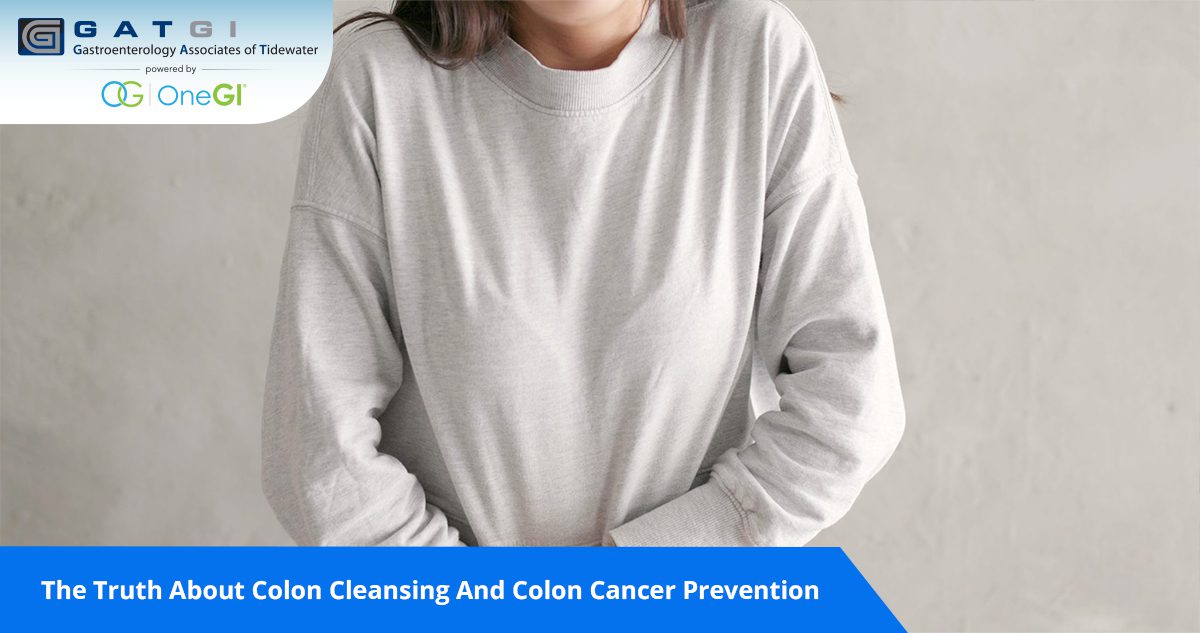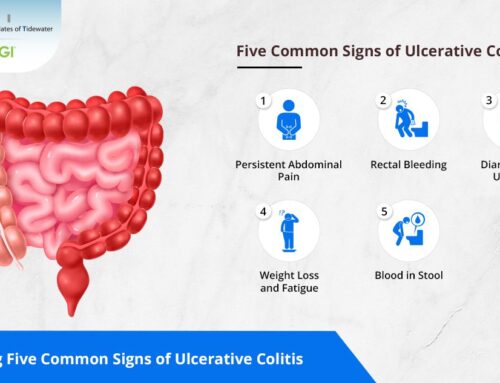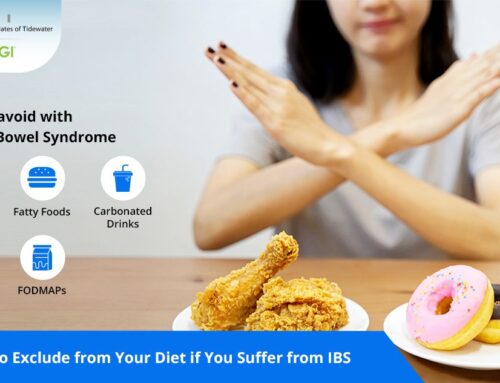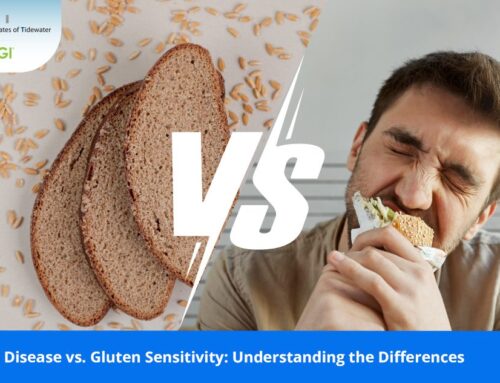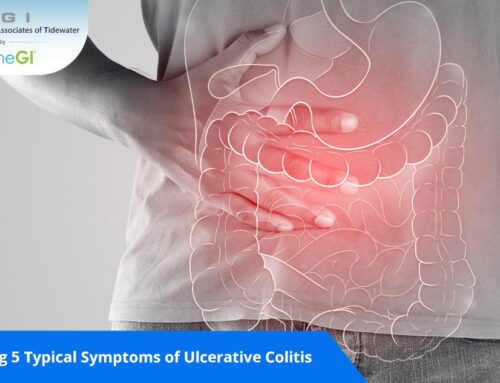You may have heard about the popular trend of colon cleansing, but does it help prevent colon cancer? In this article, we will discuss the truth behind colon cleansing and whether or not it is an effective way to prevent colon cancer.
A colon cleanses or a colonic is performed by a colonic hygienist. The hygienist inserts a tube into the rectum. A large amount of water is then pushed through the tube to flush the colon.
What are some reasons why people choose to do colon cleansing? Practitioners claim health benefits such as removing toxins, boosting energy, improving the immune system, helping with weight loss, improving digestion and preventing colon cancer.
Unfortunately, there is no evidence that colon cleansing has these benefits at all. This procedure can sometimes be harmful and cause side effects that include:
- Cramping
- Bloating
- Nausea
- Vomiting
- Dehydration
- Infection
- Tears in the rectum and bowel
- Electrolyte imbalance in the colon
In addition, there has been no evidence to show that colon cleansing helps prevent colon cancer at all, and it may even increase your risk for developing colon problems. A colon cleanse is not the same as a colonoscopy, and it does not replace the need for a regular colon screening with a medical doctor or physician.
If you’re still interested in getting a colon to cleanse, talk to your healthcare provider first and make sure you are not at risk based on your unique health history. Also, be sure to research the company doing the cleanse. Check that the practitioner is reputable and safe and that the hygienist only uses disposable equipment and protective gear. Get a list of specific herbal ingredients and amounts in the cleansing products.
The best ways to improve your colon health include:
- Eat vegetables, fruits and whole grains
- Limit red meat, which includes beef, pork and lamb
- Avoid processed meat such as sausage, deli meat and hot dogs
- Maintain a healthy weight. Being overweight and obese are risk factors for colon cancer
- Stay physically active.
- Stop smoking
- Limit alcohol. American Cancer Society recommends no more than two drinks a day for men and one drink a day for women.
- Get a colon screening or colonoscopy by age 45
These steps are essential if you live in one of the three hot spots with high rates of colorectal cancer deaths. In 2015, a study discovered one of the hot spots included the Hampton Roads area of Virginia.
A colonoscopy is the best procedure in detecting pre-cancerous growths or polyps in the colon. Polyps can be removed during the procedure and, therefore, possibly prevent the development of colon cancer. By the time colon cancer symptoms have developed, there are fewer options for treatments. Living a healthy lifestyle and early detection are your best steps in preventing colon cancer.
If you have concerns regarding your digestive health or would like to schedule a colonoscopy, our board-certified physicians at Gastroenterology Associates of Tidewater are available at three locations. Call (757) 547-0798 to make an appointment. To schedule a colonoscopy, check our Open Access page here. Eligible patients may be screened over the phone before the colonoscopy.

